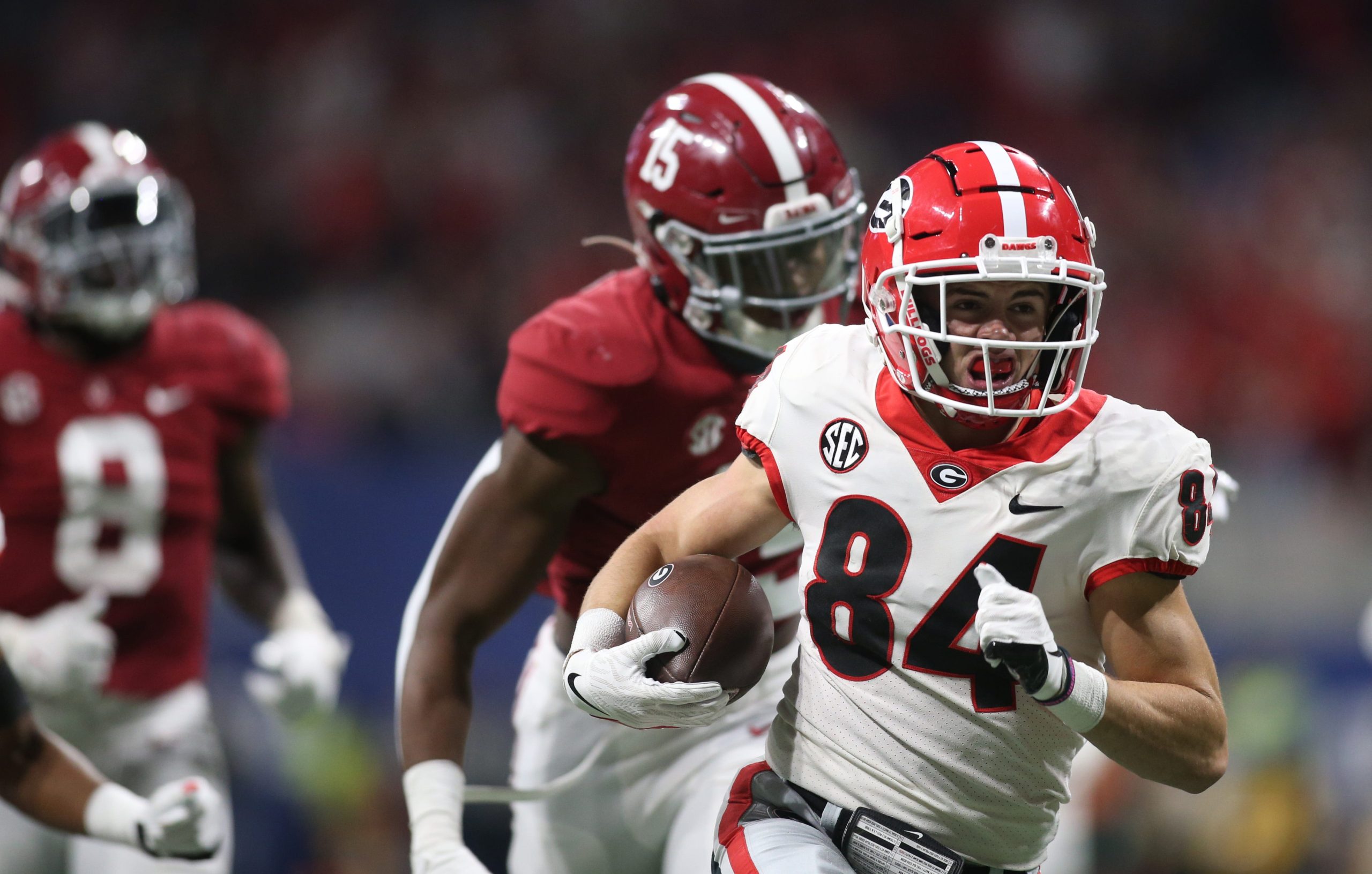After this weekend, we’ll be down to the final four teams that will compete for the college basketball national championship. If you are looking for a shot at winning a bracket contest, hopefully you have picked wisely.
Whether it’s your bracket or you’re looking at betting the Final Four, there are some trends that you should be aware of. Be aware that these trends are historical. Some are odd, some have a “wow!” factor, and others are just pure coincidence.
Take these trends for what they are worth. Use all of the resources you can obtain before placing a bet on the Final Four. Here are some of the more notable betting trends in the Final Four over the past 37 years. Keep in mind there was no tournament in 2020 due to the coronavirus.
Time Zones Matter
What? Yeah, this is one of those weird trends that might just make some sense. Of the last 24 national champions, 21 of them hail from somewhere in the Eastern time zone. Champions like Kentucky, Duke, and Villanova are all from the East Coast.
The only teams not from the East to win a national title in the last 24 tournaments were Baylor in 2021 and Kansas, which did it twice – 2008 and last year in 2022. The Bears and Jayhawks have been eliminated from this year’s tournament. Is it interesting that both of those teams play in the Big 12?
Top 3 Is Key
From 2008 to 2022, 56 teams made the Final Four. Twenty-two of them were No. 1 seeds. Of the 22, 15 advanced to the national championship game and 10 of them won it all. Last year’s Kansas team was one.
The top 3 seeds in each region make the Final Four more often than any others. Since 2008, 13 teams have advanced to the tournament’s final weekend as a No. 5 seed or worse. Four of the 13 made it to the title game, but only one – UConn in 2014 – won a national championship. The Huskies were seeded seventh.
Betting Favorites & No. 1s
If you’re betting the Final Four, you might want to choose favorites and/or No. 1 seeds. Top seeds that advance to the Final Four are 25-19 ATS from 2005 to 2022. In the past seven tournaments only three underdogs have won a national semifinal – Wisconsin in 2015, Texas Tech in 2019, and North Carolina last year.
In the past four tournament championship games, the favorite has won three times. Underdogs did have a small winning streak with title wins by UConn in 2014, Duke in 2015, and Villanova in 2016. Take note…all of those teams are on Eastern Standard Time.
The Best Teams Cover
If you’re an experienced bettor, you have probably heard that winners win, but champions cover. It’s true among Final Four teams. From 2008 through the 2022 tournament, the majority of Final Four teams sport winning records against the spread.
Of the 56 Final Four teams in that time period, 46 had an ATS record above .500. Three of the 10 that did not have a .500 ATS record came in 2010 – Butler, West Virginia, and Michigan State.
Of the 46 teams with favorable ATS records, 16 of them had an ATS winning percentage above .600. Nine of the 16 won national championships. Three more made it to the championship game.
The Final Four team with the best ATS record between 2008 and 2022 was Virginia in 2019. Head coach Tony Bennett’s team covered 68.4 percent of the time. The Cavaliers won the national title that season.
Offense or Defense?
What does it take to win it all in March Madness? Usually, it is an efficient offense that does the trick. Since 2002, there have been 12 national champions that have been among the top three in the KenPom offensive efficiency ratings. The only team to fall outside of the top 20 was UConn in 2014.
Virginia, the national champ in 2019, was the first No. 1 seed to ever lose a first-round game in the NCAA tournament in 2018. That year, bettors should have seen it coming. The Cavs finished way outside of the KenPom top 20 in offensive efficiency. A year later, Virginia finished the season as the No. 2 team in offensive efficiency and won a national title.
Defense also plays a role in winning March Madness. Since 2002, only two teams – North Carolina in 2009 and Kansas in 2022 – finished outside of the top 20 in defensive efficiency. Both the Tar Heels and Jayhawks were among the top 50, however.
